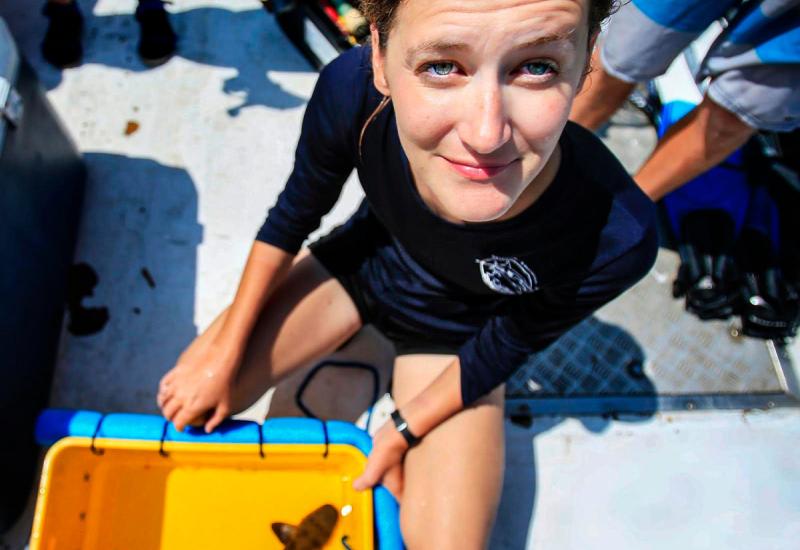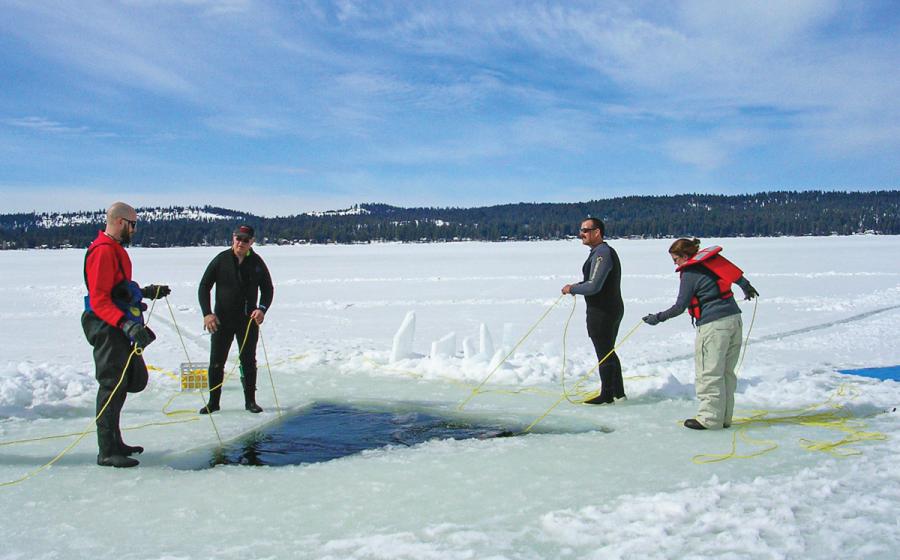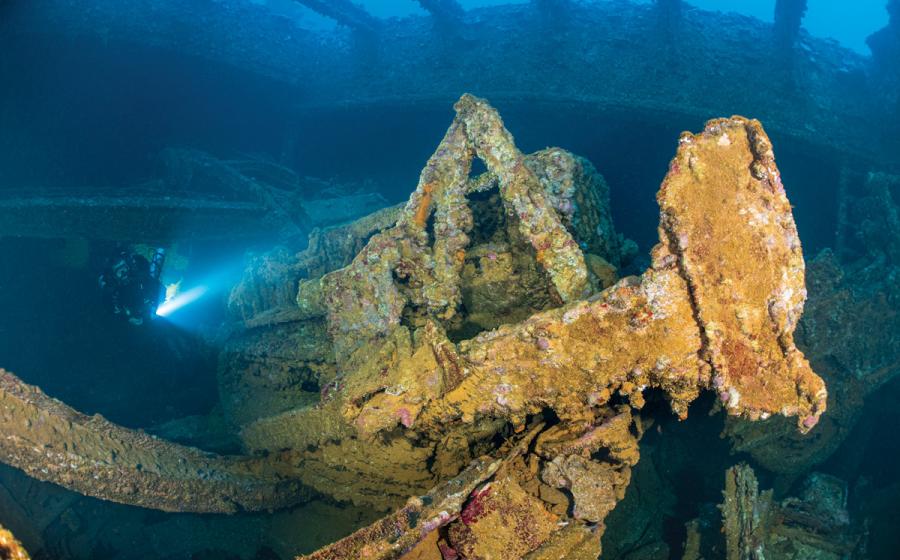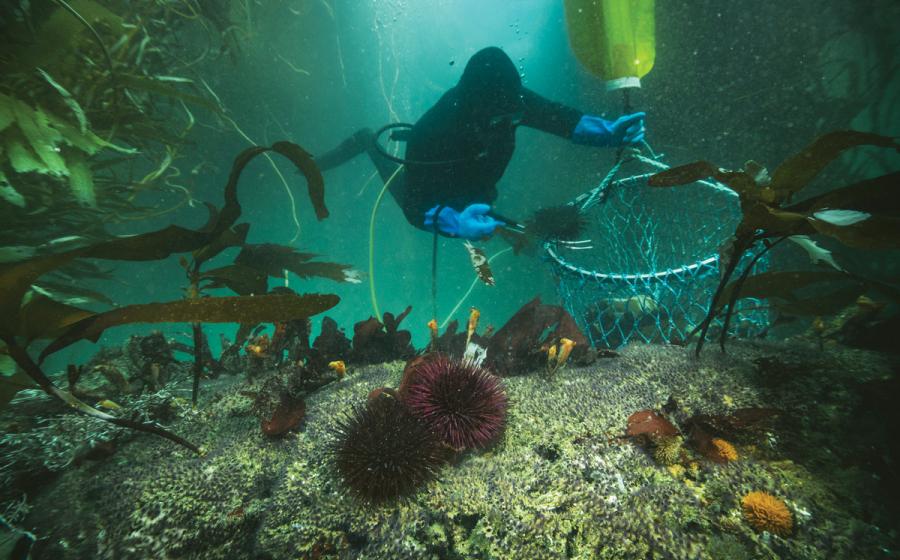Lessons Learned from 25 Years Diving the Great Barrier Reef
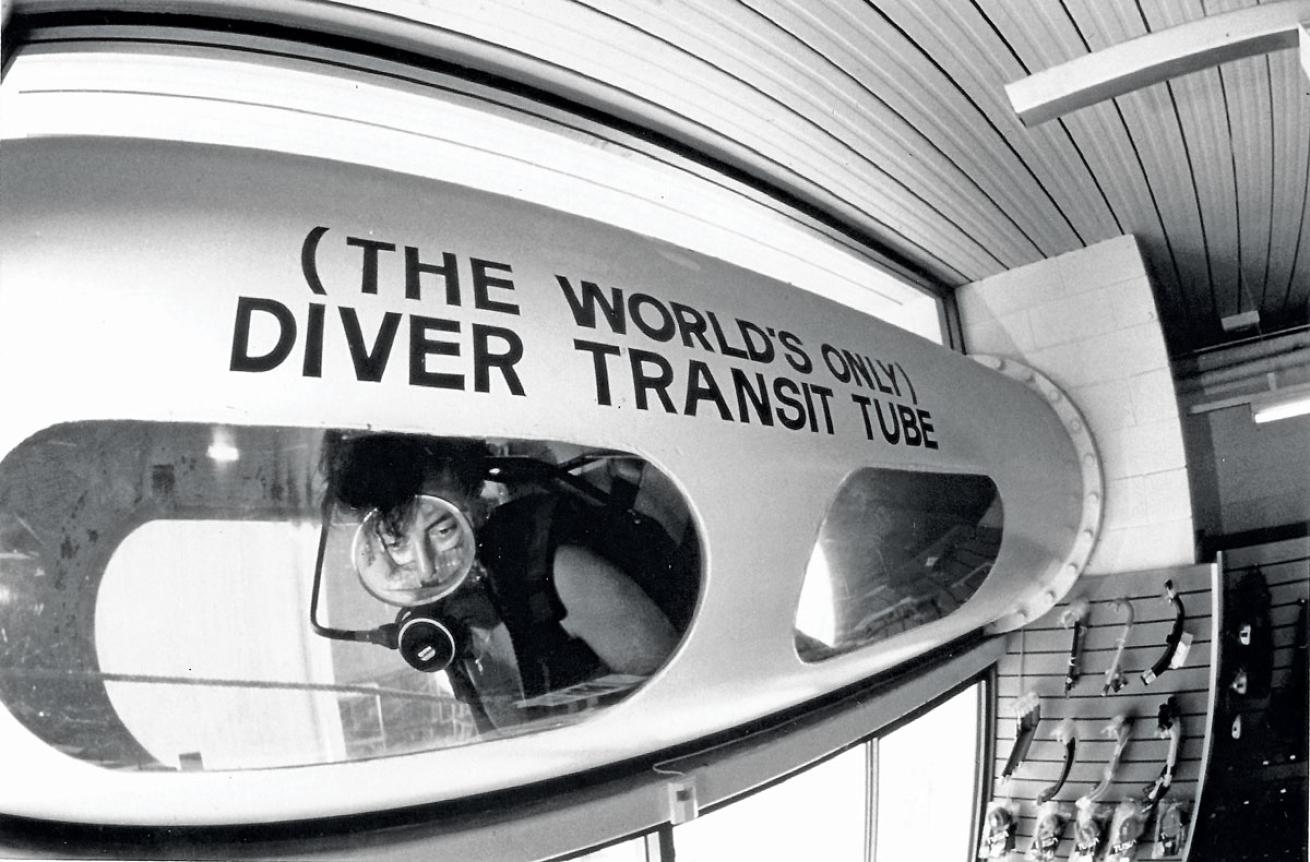
Courtesy Mike Ball Dive ExpeditionsCreative marketing brought in divers throughout the years.
Making it 50 years in this relatively young sport is a notable accomplishment. Mike Ball’s eponymous Queensland, Australia, operation has been a staple since 1969—as Ball retires, his right-hand man Craig Stephen takes over after 25 years in the business. We asked Stephen about the past and future of dive.
Q: What is the biggest advancement in diving during your career?
A: Diver safety and environmental knowledge. Technology has opened a new world where one can stay longer or dive deeper, but the basic principle behind recreational scuba diving remains the same: We want to explore and see amazing stuff. It’s that simple. We can do it with much more ease and safety, but little has changed since Jacques Cousteau developed the Aqua-Lung. Divers have greater appreciation for the environment than your standard earthling. Many become ambassadors for change, and this is far more critical to the future of our oceans than new equipment.
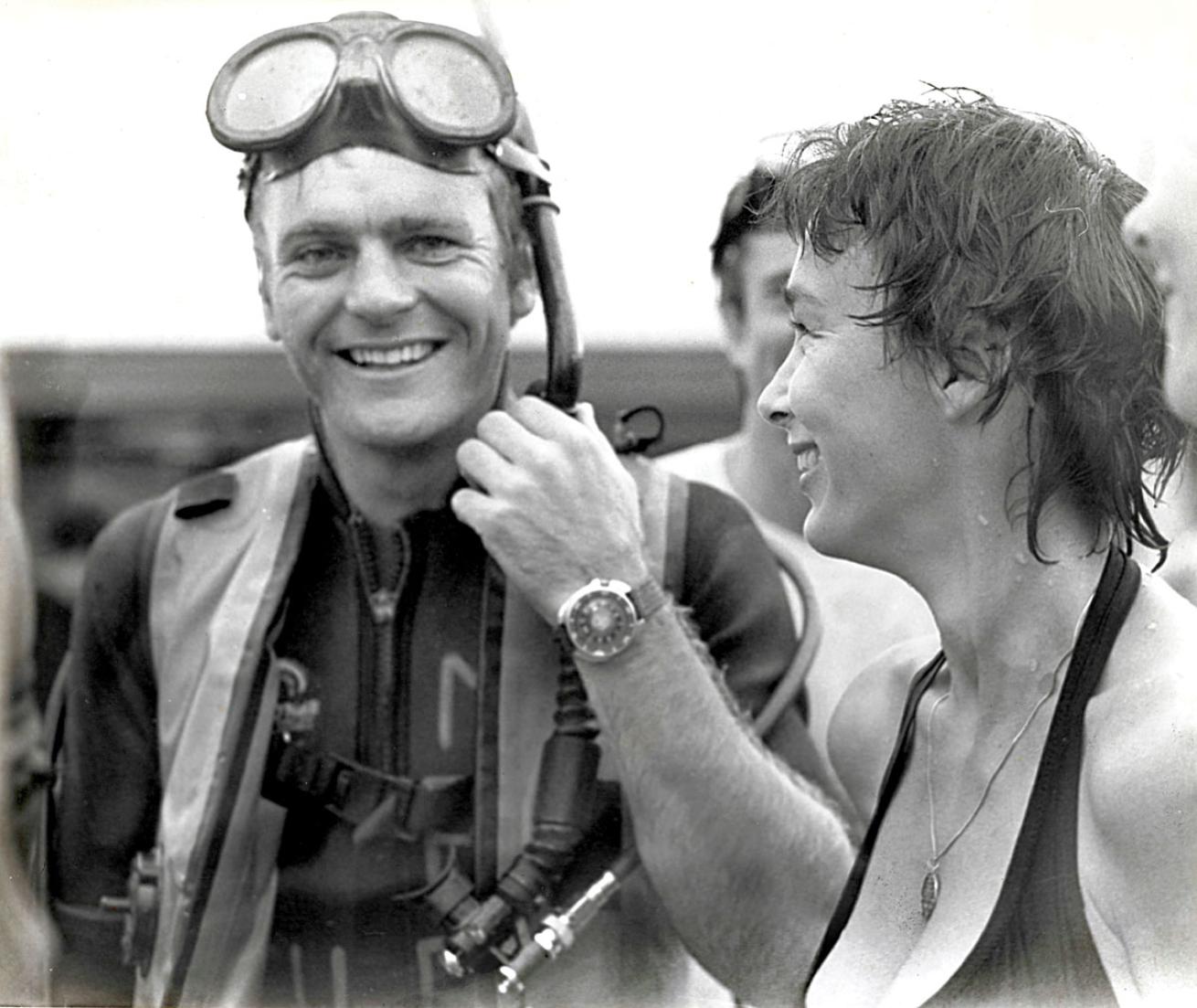
Courtesy Mike Ball Dive ExpeditionsFounder Mike Ball.
Q: What's having the biggest impact on the Great Barrier Reef today?
A: As the largest reef system in the world, the Great Barrier Reef is recognized as the barometer for coral reef systems and cli- mate change. Cyclones and coral bleaching have massive impacts on the health of the reef—with bleaching having the most far-reaching impact. Elevated ocean temperatures have been well recognized and documented, and have put great focus on climate change. Oceans are under extreme pressure; with the GBR under the spotlight, the climate change debate has been brought to every dinner table, which you would hope will influence how we vote to put the right people into power for change.
Q: Are you hopeful?
A: The reef is incredibly resilient, and the regeneration of our coral reefs is nothing short of spectacular. Personally, I’ve been diving some of the same reefs since 1987, and they are as spectacular today as they were back then. The reef is under pressure, for sure—but is it dead? It certainly is not. It’s alive and very much kicking. No, we can’t afford the frequency of these events to increase, or ultimately they will starve the recovery rate of time and win the battle. But the reef is adapting and recovering. We have some of the best diving in the world right here, right now.
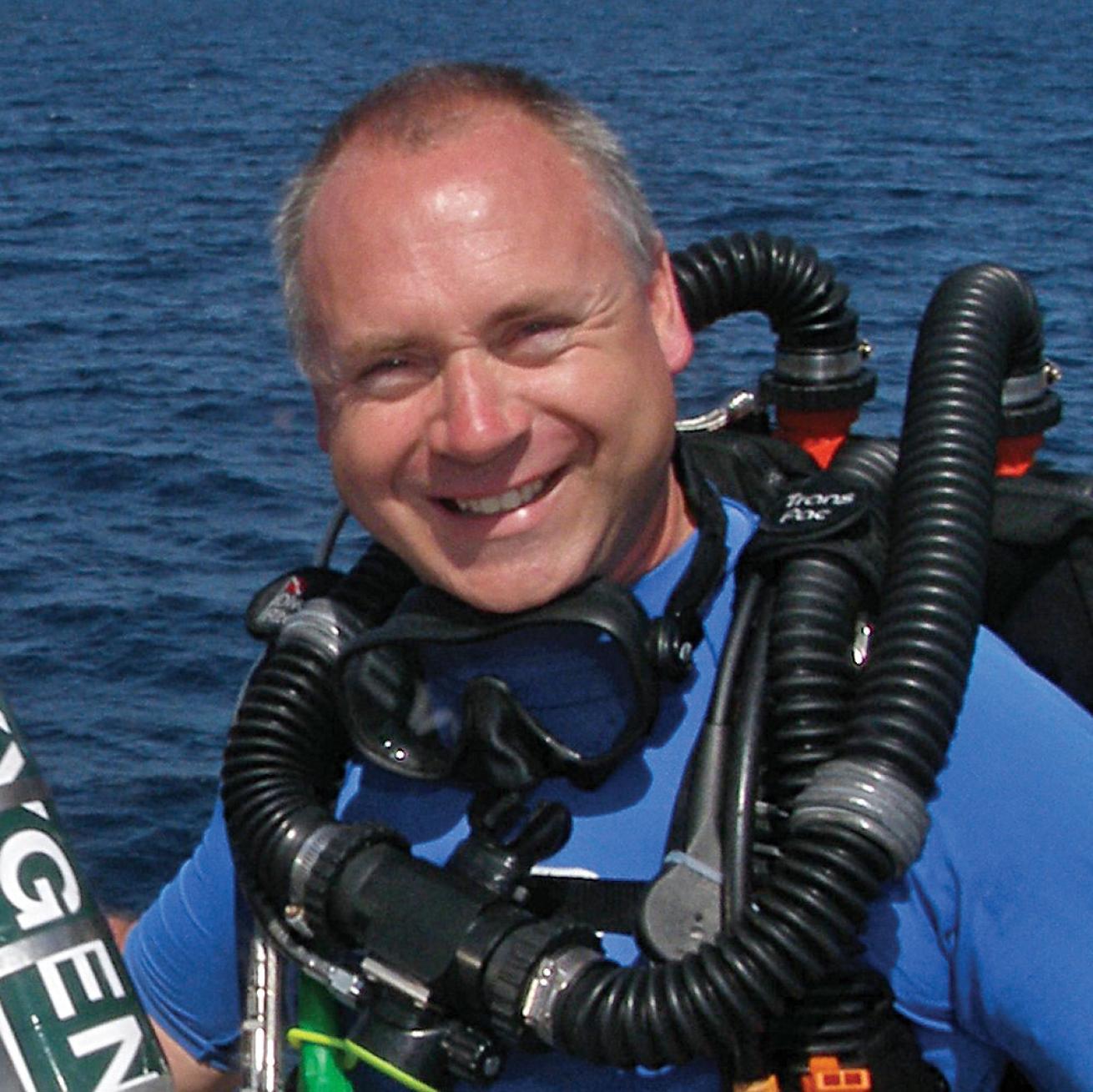
Courtesy Mike Ball Dive ExpeditionsManaging director Craig Stephen set to take over for founder, Mike Ball.
Q: What's your outlook on the future of diving?
A: Having been involved with the dive industry since the late ’80s, I had concerns over its future with the rising popularity of extreme sports. Remember that old adage, “When diving was dangerous and sex was safe”? There was a time when the cool divers who wore those shirts seemed to be the only ones stay- ing involved with the sport, literally a dying breed. I'm excited that, at least Down Under, youth are emerging to pick up this marvelous sport. I think the heightened awareness of climate change and its impact on our oceans is having an effect on the younger generation, driving their curiosity to look below the waves. We’re very excited about this general awareness giving focus to the environment.

.jpg?itok=bd_Jvz2Y)

